Optimal Timing for Concrete Installations
Determining the optimal time for concrete installations involves considering weather conditions, temperature, and seasonal factors. Proper timing ensures durability, reduces the risk of cracking, and promotes long-lasting results.
Concrete performs best when temperatures are between 50°F and 85°F. Extreme cold or heat can affect curing and strength.
Spring and early fall are generally optimal seasons due to moderate temperatures and lower precipitation levels.
Dry weather with low humidity and no rain is preferred to prevent delays and ensure proper curing.
Adequate moisture during curing is essential; avoid periods of excessive dryness or heavy rain.
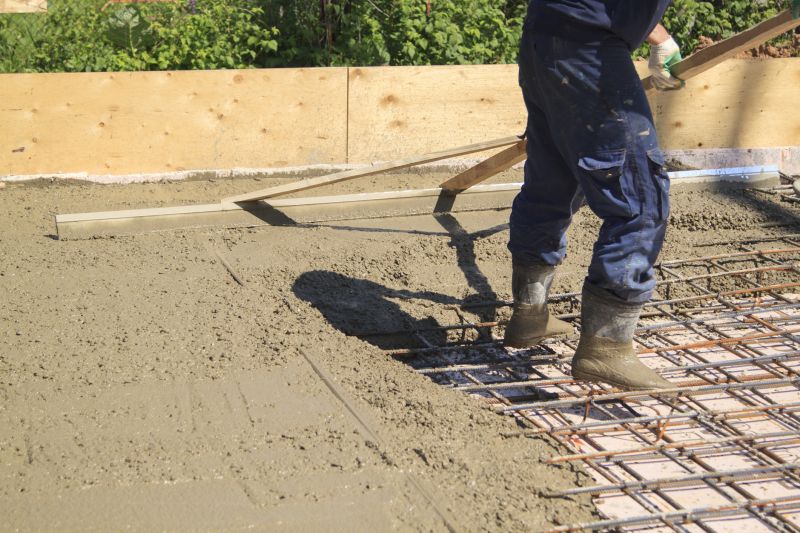
Ways to make Concrete Installations work in tight or awkward layouts.
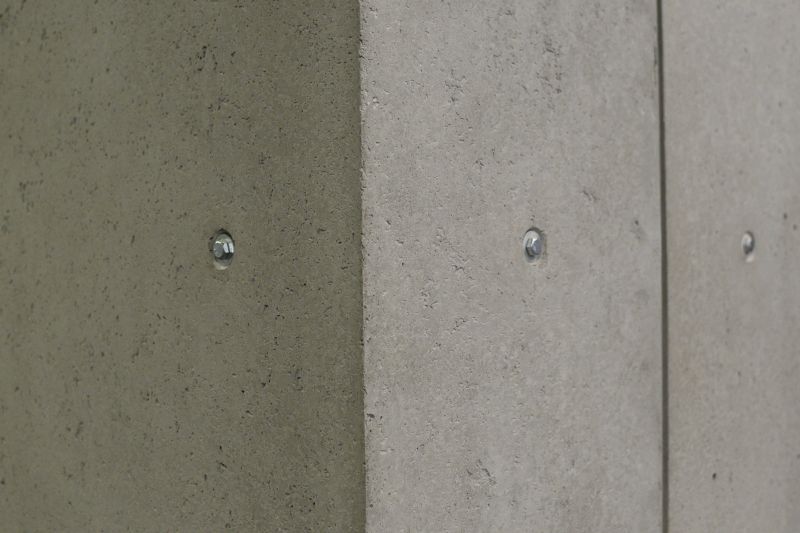
Popular materials for Concrete Installations and why they hold up over time.
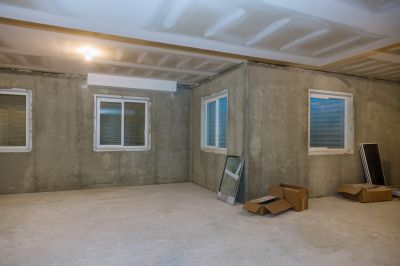
Simple add-ons that improve Concrete Installations without blowing the budget.
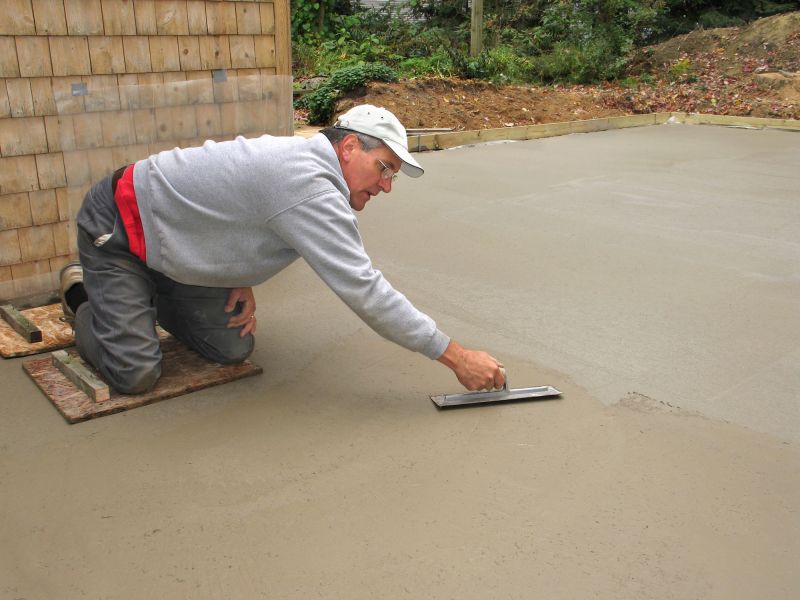
High-end options that actually feel worth it for Concrete Installations.
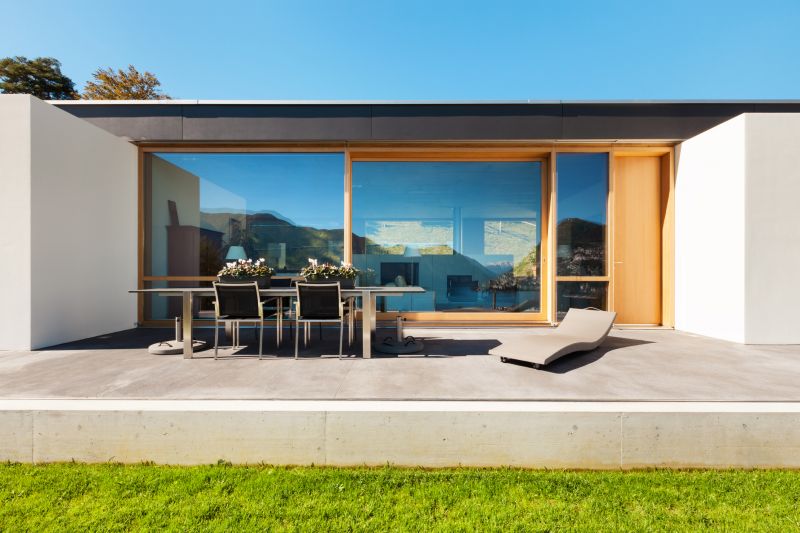
Finishes and colors that play nicely with Concrete Installations.
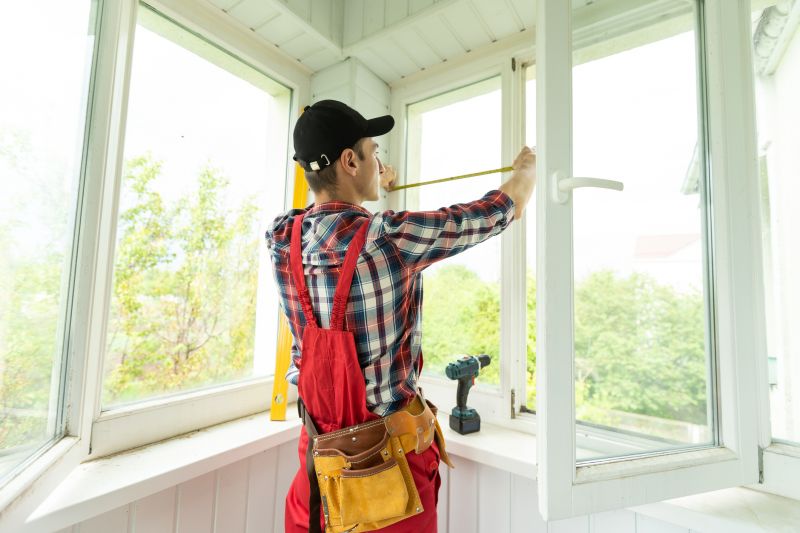
Little measurements that prevent headaches on Concrete Installations day.
Concrete installations are a critical component of many construction and landscaping projects. Proper timing not only enhances the quality of the finished surface but also minimizes maintenance needs and extends the lifespan of the installation. The curing process is especially sensitive to environmental conditions; improper timing can lead to surface cracking, scaling, or reduced strength. By scheduling concrete work during periods of favorable weather, such as moderate temperatures and low humidity, it is possible to achieve optimal results. Additionally, planning ahead allows for better coordination of site preparation and material delivery, reducing delays and costs.
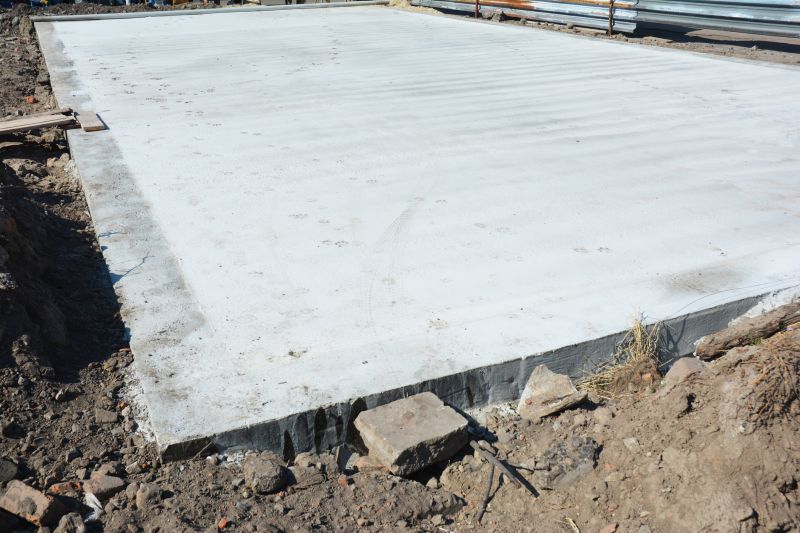
A 60-second routine that keeps Concrete Installations looking new.
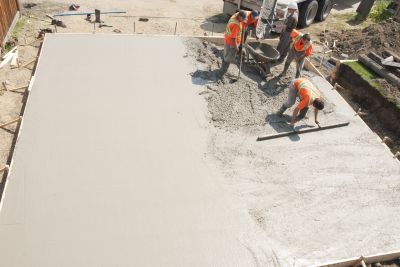
A frequent mistake in Concrete Installations and how to dodge it.
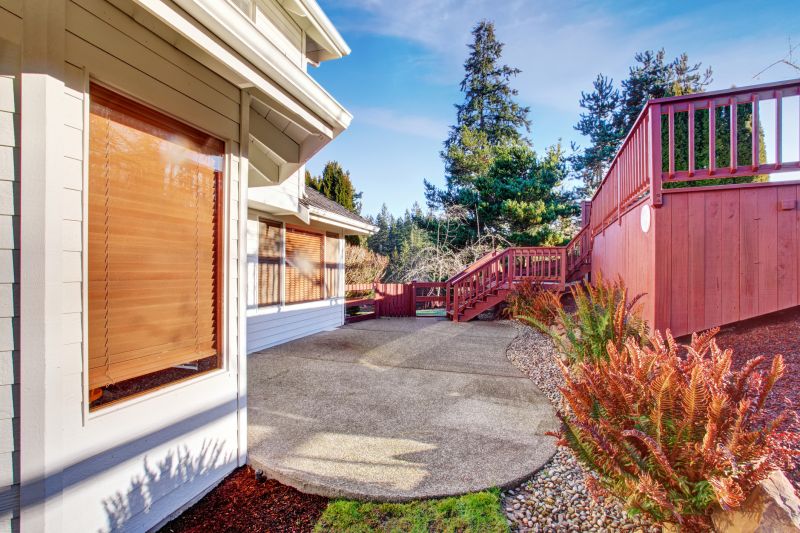
Small tweaks to make Concrete Installations safer and easier to use.
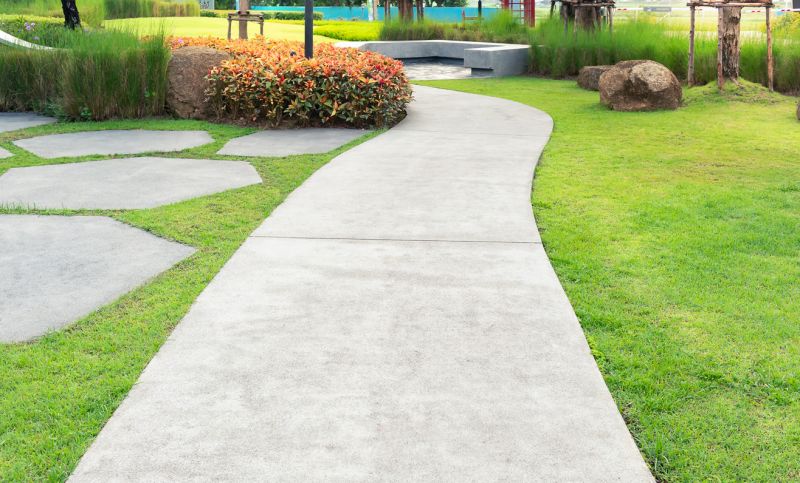
Lower-waste or water-saving choices for Concrete Installations.
| Season | Optimal Conditions |
|---|---|
| Spring | Moderate temperatures, low rainfall, ideal for curing. |
| Summer | Warm temperatures, avoid extreme heat, ensure proper hydration. |
| Fall | Cooler temperatures, dry conditions, suitable for late-season projects. |
| Winter | Not recommended unless heated or enclosed environments are used. |
| Late Spring/Early Fall | Preferred periods due to stable weather and moderate conditions. |
Understanding the seasonal and environmental factors influencing concrete installation timing can significantly impact project outcomes. Experts recommend scheduling during periods with consistent weather patterns to avoid delays and ensure proper curing. Proper planning and monitoring weather forecasts can help determine the most suitable windows for concrete pouring. This approach minimizes the risk of surface defects and structural issues, providing a durable and aesthetically pleasing result.
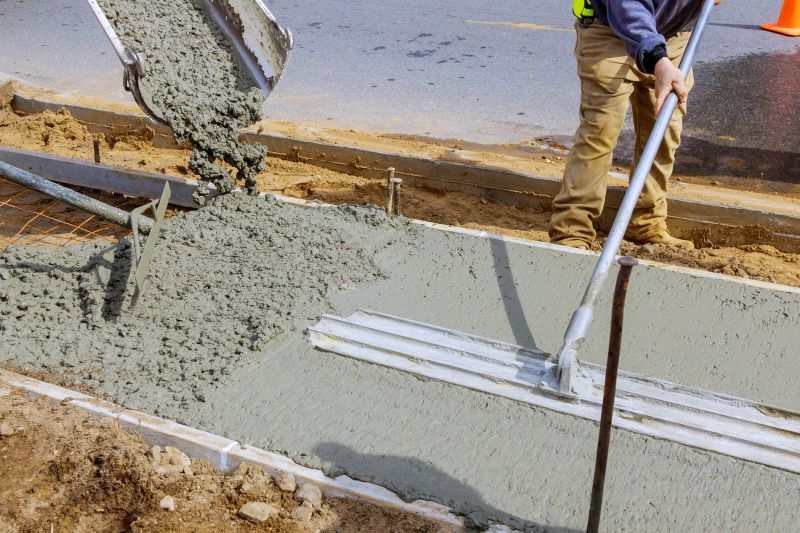
The short, realistic tool list for quality Concrete Installations.
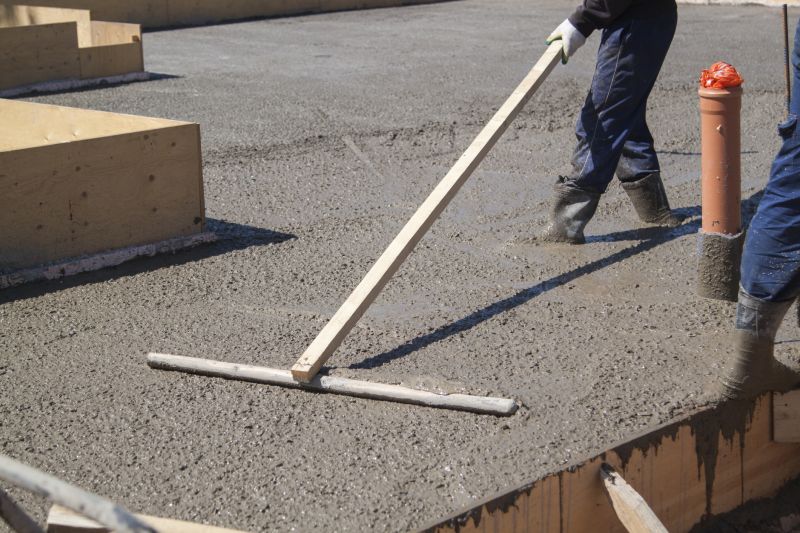
Rough timing from prep to clean-up for Concrete Installations.
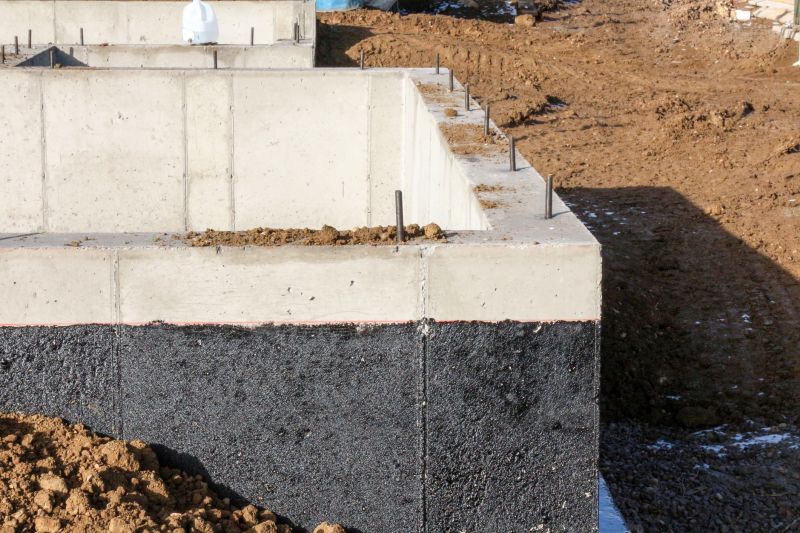
Quick checks and paperwork to keep after Concrete Installations.
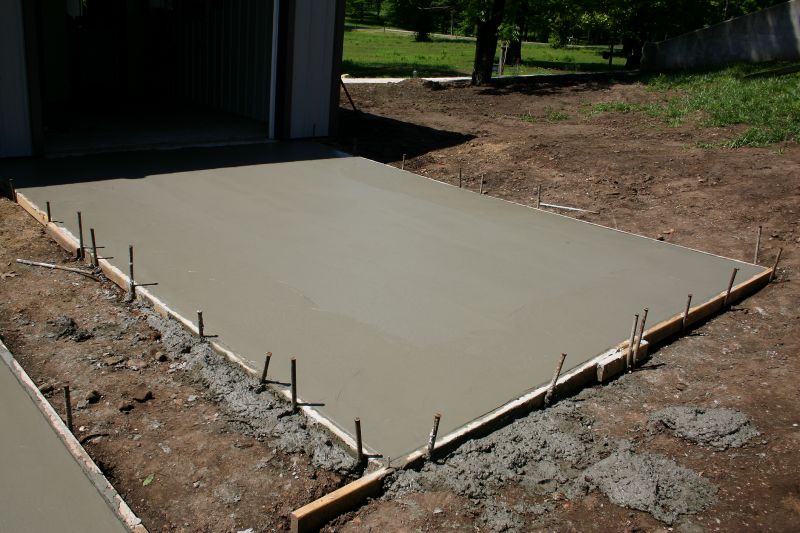
Examples that show the impact a good Concrete Installations can make.
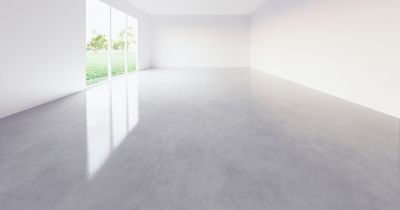
Ways to make Concrete Installations work in tight or awkward layouts.
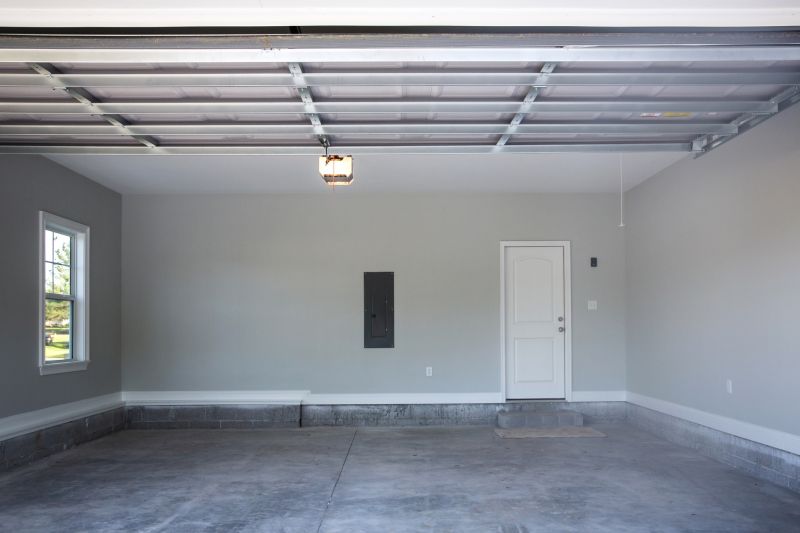
Ways to make Concrete Installations work in tight or awkward layouts.
Interested parties should consider consulting with concrete professionals to identify the best timing for their specific project needs. Proper scheduling aligned with seasonal and weather conditions can lead to better quality, fewer delays, and longer-lasting results. Filling out the contact form can provide access to expert advice and assistance in planning concrete installations for optimal outcomes.
